Optica Foundation Challenge
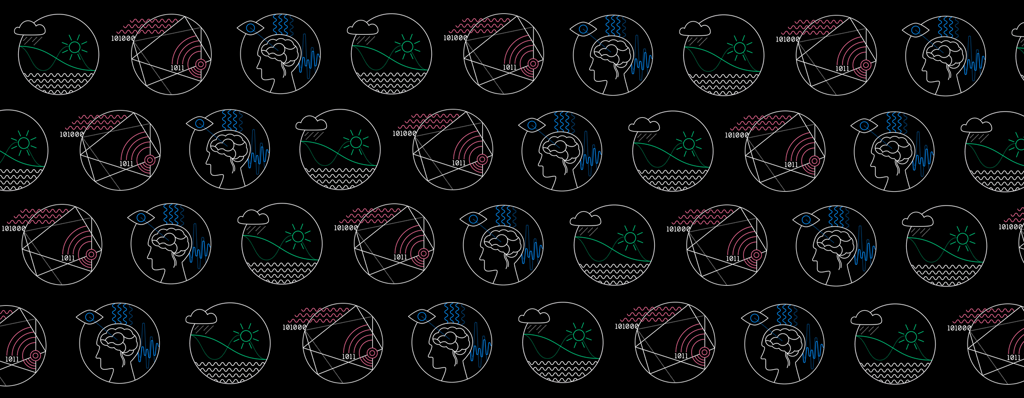
Foundation
Optica Foundation Challenge
Use photonics. Find a solution. Change the world.
Application Dates
26 Mar 2024 - 21 May 2024Program Prize
US$100,000 x 10
Foundation
The Optica Foundation recognizes ten early-career professionals with exceptional ideas to leverage optics and photonics and address global challenges. These individuals drive new, impactful scientific discoveries with the potential to transform our world. We consider proposals for problem-solving solutions resulting from basic research and development or enhancements of photonics-based technology in three categories: Environment, Health and Information.
Winners each receive US$100,000 prizes to support addressing the challenge over one to two years. These prizes provide seed money to ideas that may be difficult to fund from other sources.
Categories
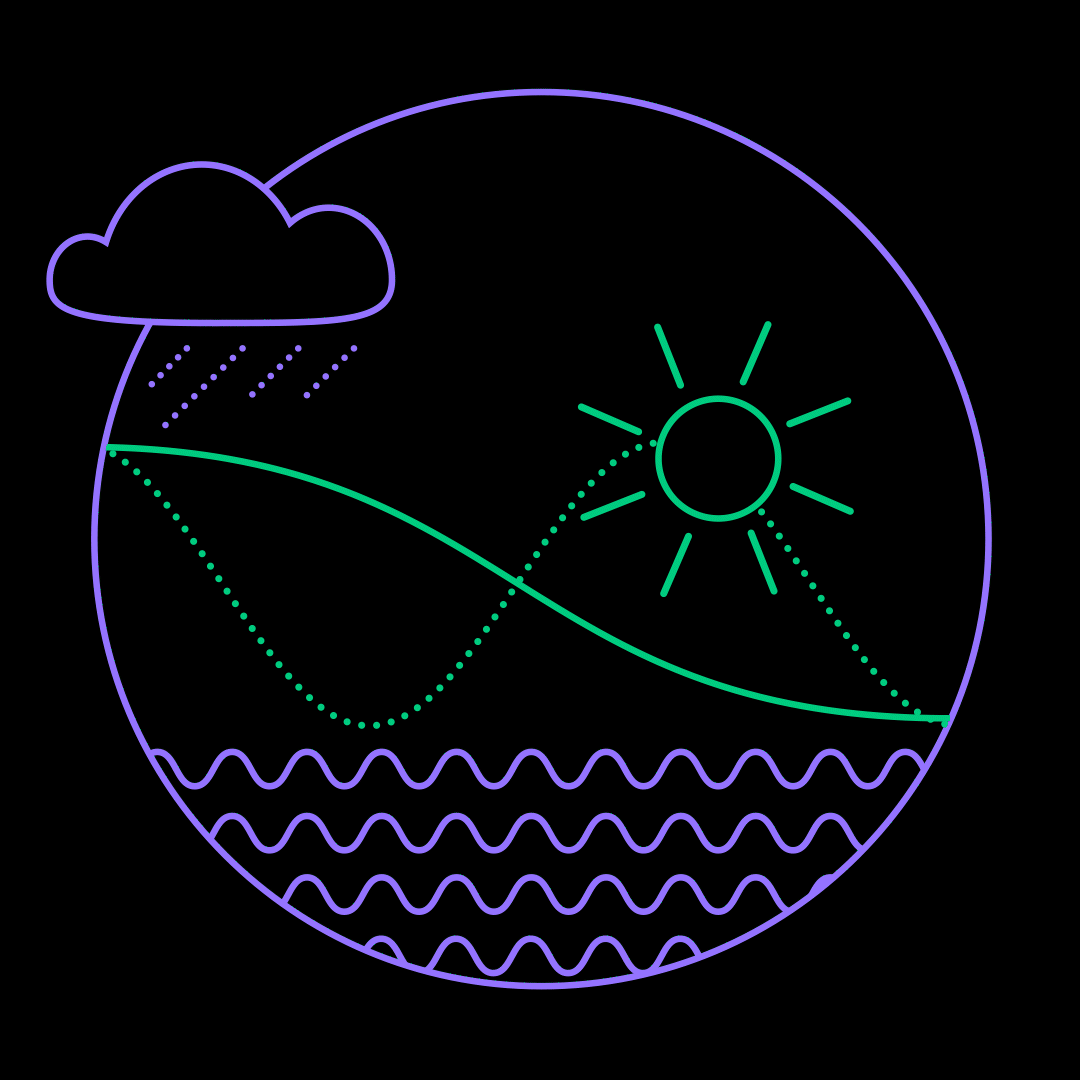
ENVIRONMENT
With nearly 8 billion people on earth, problems with polluted air and water, global warming, plastic in the oceans, and energy consumption represent unprecedented challenges to our society and planet. A cleaner, safer future is needed, and various technologies, including optical-based solutions, are urgently needed to address and alleviate the continued growth of these problems. Optics and photonics can provide unique, effective means to monitor our world, provide more energy-efficient devices, and solve environmental challenges.

HEALTH
Optical technologies have contributed to significant advances in the medical arena. Ultra-high resolution images of the brain, eye, and vascular system have significantly advanced our understanding of the operation and function of these systems. Therapeutic lasers techniques improved the vision of millions of people. Advances in microscopy, spectroscopy and nanotechnology continue to enable us to reach new possibilities for in situ diagnostics. Many challenges face society calling for new, innovative and affordable technology solutions.
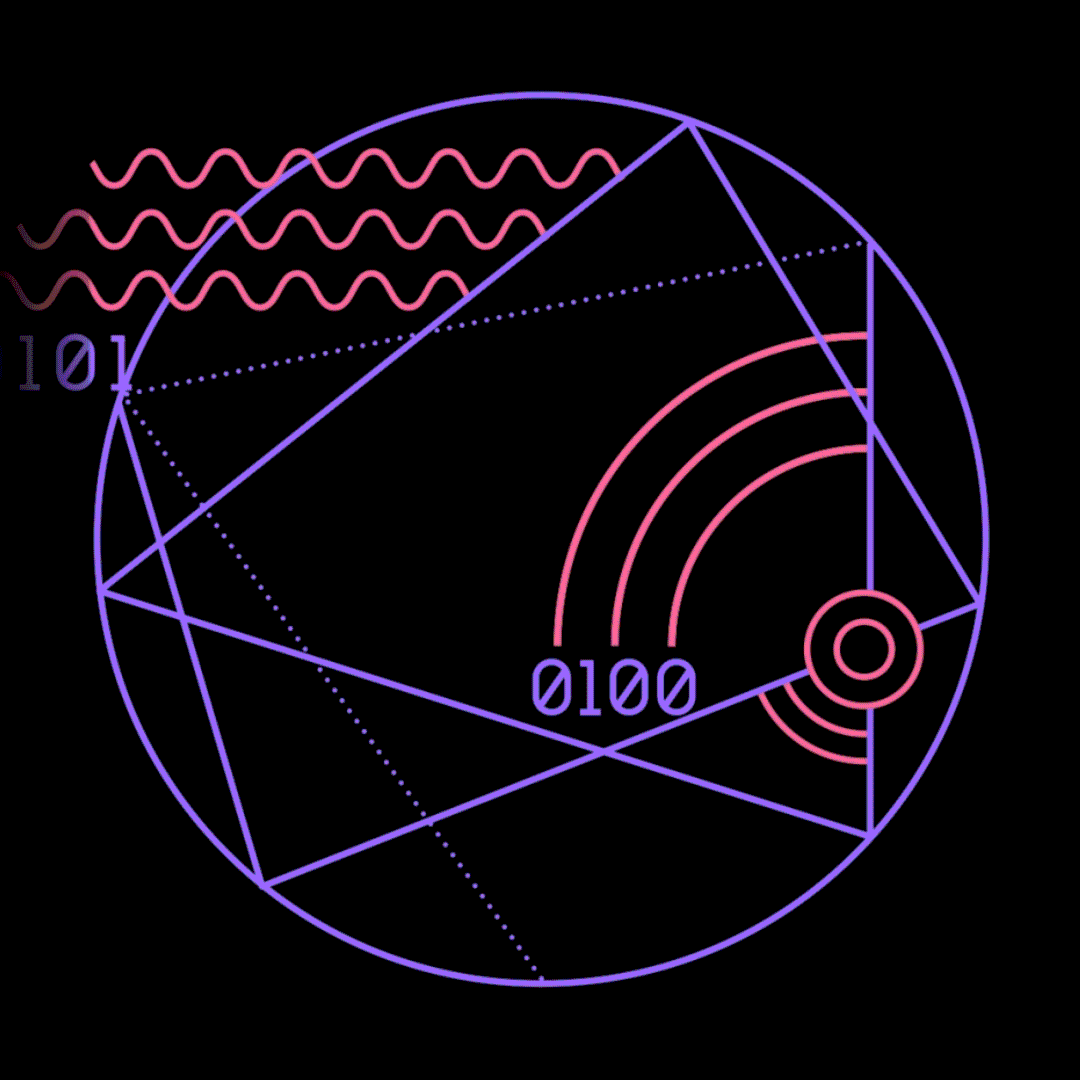
INFORMATION
Modern humanity and the global economy rely on optical infrastructures and technologies to drive our digital society. We will continue to see exponential data traffic. The cost of this growth in communications draws a significant fraction of the energy society uses. New, more energy-efficient approaches and technologies must be developed and adapted to permit continued information growth. Our information and communications lifeline demand innovation and game-changing discoveries to keep up.
Application Information
How To Apply
Applications will be collected via apply.optica.org as early as 26 March 2024.
Important Dates
Opens 26 March 2024
Closes 21 May 2024
Applicant Requirements
- Optica members who identify as early-career professionals are welcome to submit proposals as lead investigator. Member type should be "early-career professional" or individual.
- Applicants must be within 5-7 years of completing their highest degree and/or within the first three years of their faculty career.*
- Applicants must show support from their employer to participate in the program. Employers need to approve the proposed time and resources required from their employees.
- University, non-governmental agencies and research institutions must agree to no more than 10% overhead.
- Corporate employers and governmental agencies must agree to no assessment of overhead.
- Have a self-directed research position; title of any rank of professor, research scientist, postdoc or equivalent.
*Program requirements recognize and exclude breaks from career timelines (e.g., eldercare; maternity or paternity leave; inability to work due to Covid-19 and lab closures; long-term illness).
Application Requirements
- Name of Challenge Project
- Applicant name, institution and contact information
- Applicant CV – no more than four (4) pages*
- The executive summary must contain 1) the name of the proposal 2) a clear indication of the pertinent global challenge you seek to address using optics and photonics, 3) the relationship between the identified challenge, your project and the category(ies) you selected and 4) an indication of the capability and application of your project to address the identified global challenge.
- Proposal – no more than five (5) pages*
- Literature Review
- Problem Statement/Objective
- Outcome(s)
- Impact
- Timeline of tasks/work plan with 3-5 aims identified over a 12-24 month period. This is no longer required as part of the proposal. You must use the template provided.
- Budget reflecting anticipated expenses and other sources of funding. You must use the budget template.
- Institutional Agreement Letter - This letter signals your institution/employer is aware of your application and supports the submitted proposal with an understanding they will receive any winnings on your behalf. It includes non-negotiable expectations for the applicant, application and employer/institution. In particular, it indicates the application can be made available for public viewing as well as the maximum amounts the institution/employer may levy in overhead when accepting the funds should the proposal be accepted as one of the 10 to receive the US$100,000 prize. The letter must be applied to institution/employer letterhead and signed by a representative with the appropriate authority. Applicants may not sign this letter on behalf of their institution/employer. You must use the institutional agreement letter template.
- Digitally sign the "Participation Agreement" via the application portal, signifying that if chosen as a recipient of a Challenge Award, you will:
- Agree to make your application and concepts open and available for being highlighted in promotions and awareness of the challenge winners and project.
- Participate in at least two review meetings with the Challenge Committee to provide updates on progress and receive advice/guidance (program will pay travel and lodging expenses).
- Be willing to share progress and results in Optica-organized symposiums.
- Submit results/progress for publication in Optica open-access journals (the program will cover publishing fees if a manuscript is accepted).
Reviewers will use information submitted as part of the application to evaluate the proposal's merit and by Optica to make the award and monitor the progress. Only complete packets submitted by the deadline and within the stated page requirements will be reviewed.
*These documents must adhere to the following formatting requirements.
- Applicant CV – no more than four (4) pages.
- An executive summary highlighting the challenge, proposed project, and intended outcomes – no more than one (1) page.
- Proposal – no more than five (5) pages.
Formatting Requirements
- Arial, Times New Roman or Courier New at a font size of 11 points or larger.
- A font size of less than 11 points may be used for mathematical formulas or equations, figures, table or diagram captions and when using a Symbol font to insert Greek letters or special characters
- Regardless of font, readability is vital.
- Paper size should comply with the international standard of A4 (8.3" x 11.7"; 210mmx297mm).
- Margins, in all directions, must be at least 1" (2.54cm).
- Use a standard single-column format for text.
If you have questions, please email apply@optica.org.
2023 Recipients
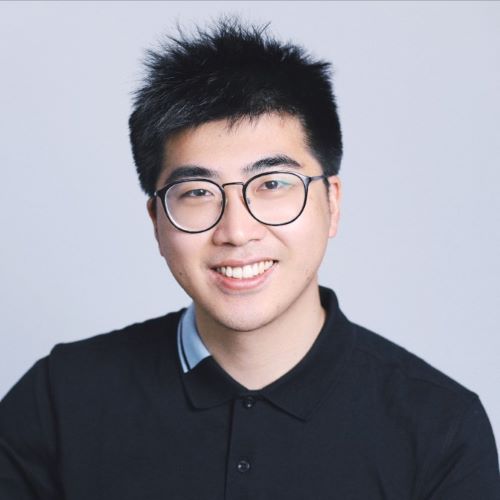
Zaijun Chen
University of Southern California, USA
Accelerating optical edge sensing with photonic deep learning (Information)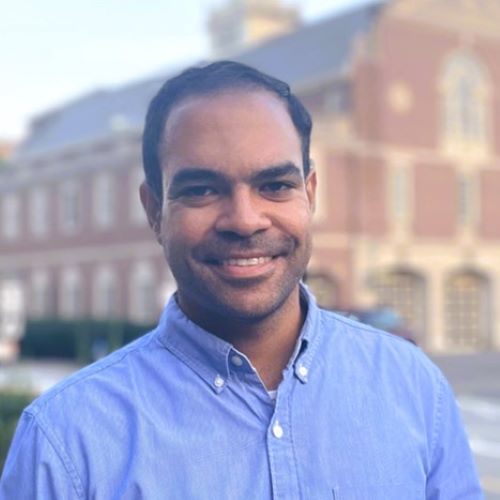
Ahmed Dorrah
John A. Paulson School of Engineering and Applied Sciences, Harvard University, USA
Structured light generation and sensing with metasurfaces for THz communications (Information)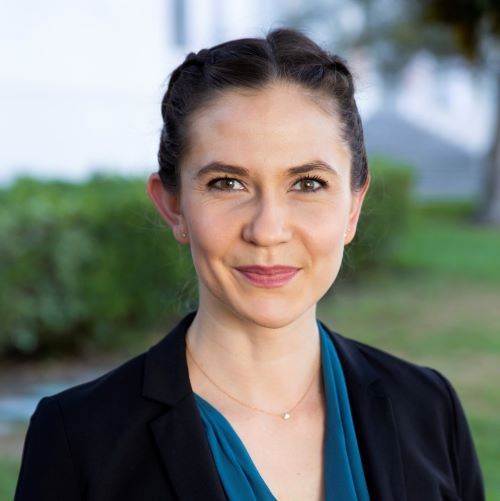
Samantha Grist
The University of British Columbia, Canada
Silicon photonic biosensors for low-cost, portable, data-rich measurements of hormone biomarkers relevant to women's health and the menopausal transition (Health)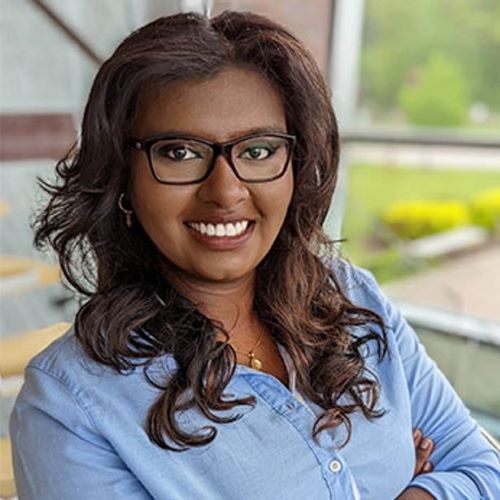
Nirosha Murugan
Wilfrid Laurier University, Canada
Capturing Cancer in Its Early Glow: pioneering early detection strategies using light-based biomarkers (Health)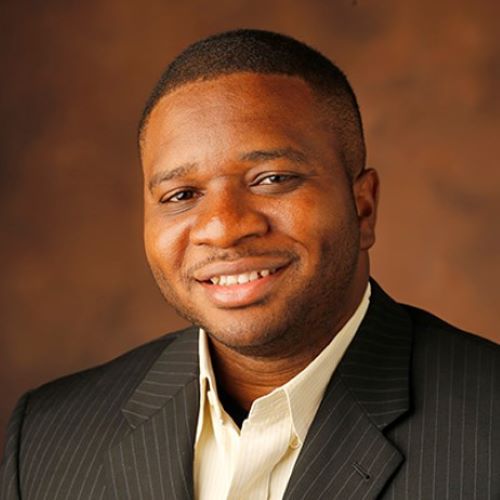
Justus Ndukaife
Vanderbilt University, USA
Next-generation high throughput plasmonic nanotweezers for nanoplastics analysis (Environment)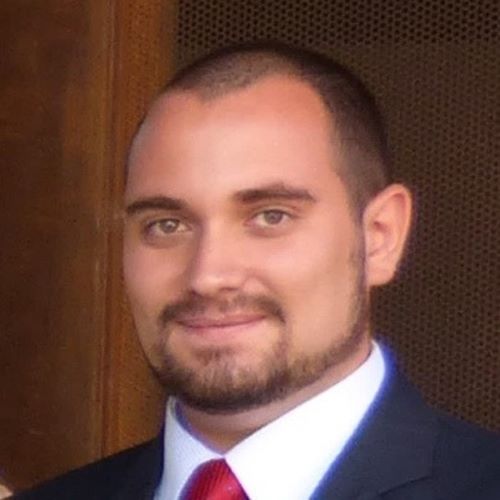
Alejandro Velez-Zea
Universidad de Antioquia, Colombia
Multilayer holographic augmented reality with digital micromirror devices: content pipeline and system implementation (Information)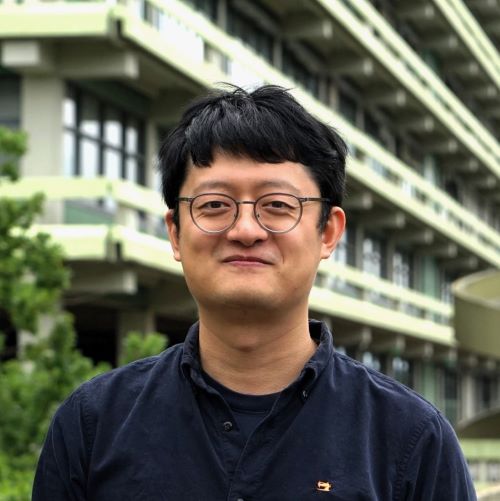
Yicheng Wang
Ruhr-Universität-Bochum/Photonics and Ultrafast Laser Science (PULS), Germany
High-power 2-μm frequency combs for rapid greenhouse gas sensing (Environment)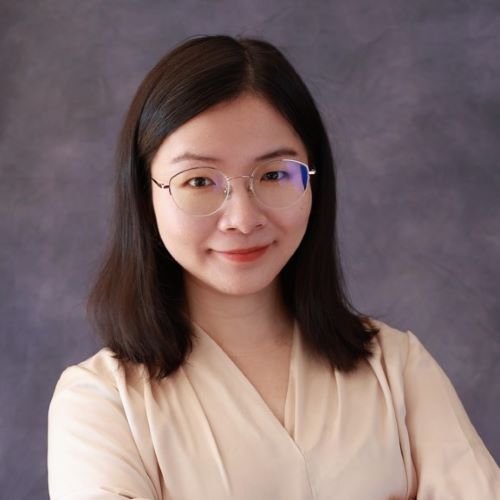
Fei Xia
National Center for Scientific Research (CNRS), France
Low-cost, stain-free computational spectral fluorescence imager for diagnosis of diseased tissue. (Health)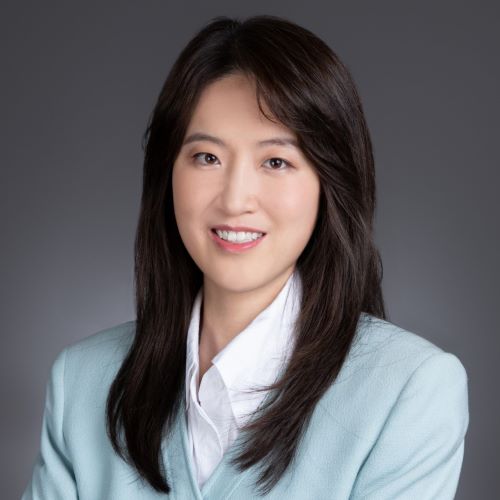
Ying Xue
Hong Kong University of Science and Technology, Hong Kong
Monolithic III-V active devices in-plane coupled with Si for integrated Si-photonics (Information)
Fernando Zvietcovich
Pontificia Universidad Católica del Perú, Peru
Development of a clinical multi-excitation optical coherence elastography system to interrogate biomechanics for the detection and staging of normotensive glaucoma (Health)Past Recipients
2022
Contributors
The Optica Foundation Challenge is administered and funded solely by the Optica Foundation.
Selection Committee
2024
- Alexandra Boltasseva, Purdue University, USA
- Majid Ebrahim-Zadeh, ICFO - Institut de Ciencies Fotoniques, Spain
- Andrew Forbes, University of Witwatersrand, South Africa
- Thomas Giallorenzi, USA
- Fumio Koyama, Tokyo Insitute of Technology, Japan
- Miles John Padgett, University of Glasgow, United Kingdom
- Jannick Rolland, University of Rochester, USA
- Alan Willner, University of Southern California, USA
- Ulrike Woggon, Technische Universität Berlin, Germany
